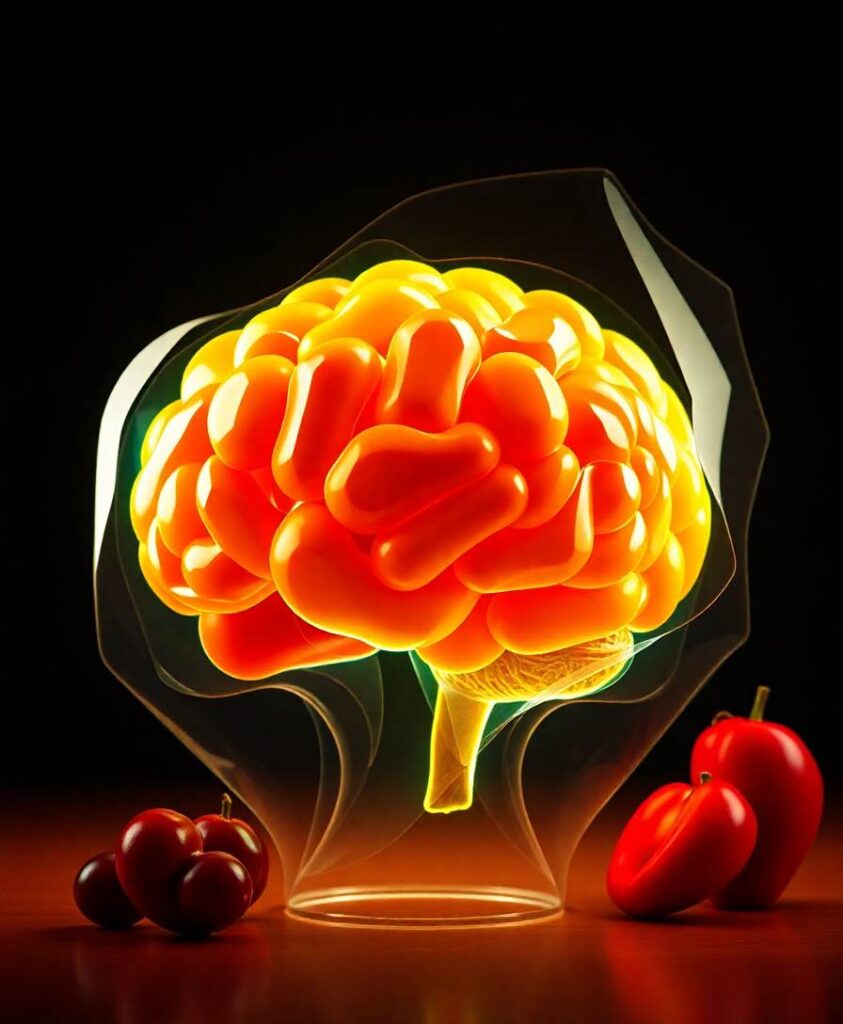PurposeTo evaluate the effect of repetitive transcranial magnetic stimulation (rTMS) paired with cognitive training on cognitive function in Alzheimer’s Disease (AD) patients.MethodsPubMed, The Cochrane Library, Embase, CINAHL Complete (EBSCO), China National Knowledge Infrastructure (CNKI) and WanFang Database were searched. The risk of bias was appraised through the Cochrane collaboration tool. A meta-analysis was conducted, including an assessment of heterogeneity.ResultsTen studies comprising 408 participants were included. The addition of rTMS significantly improved overall cognition in patients compared with cognitive intervention alone (p < 0.05 for all tests). The treatment also had some continuity, with significant improvements in cognitive function within weeks after the treatment ended (p < 0.05 for all tests).ConclusionRepetitive transcranial magnetic stimulation combined with cognitive training (rTMS-CT) is a valuable technique for the cognitive rehabilitation of AD patients. It is beneficial to improve the cognitive ability of patients and restore their overall functional state. The results of the study may provide a basis for clinical providers to implement interventions that facilitate the design of more rigorous and high-quality interventions.LimitationsThe number of studies and sample size in our study were small. We did not explore possible interactions between rTMS and medications and mood improvement after rTMS due to inadequate data.Systematic review registrationThis study was registered on PROSPERO with registration number CRD42023405615.




